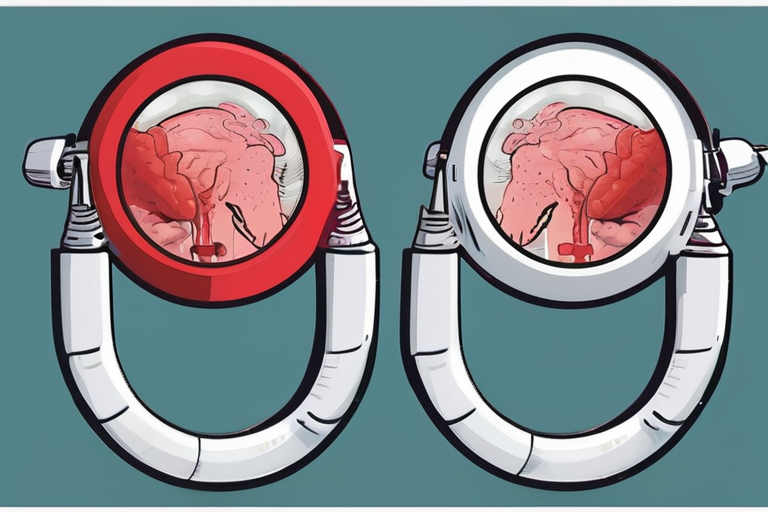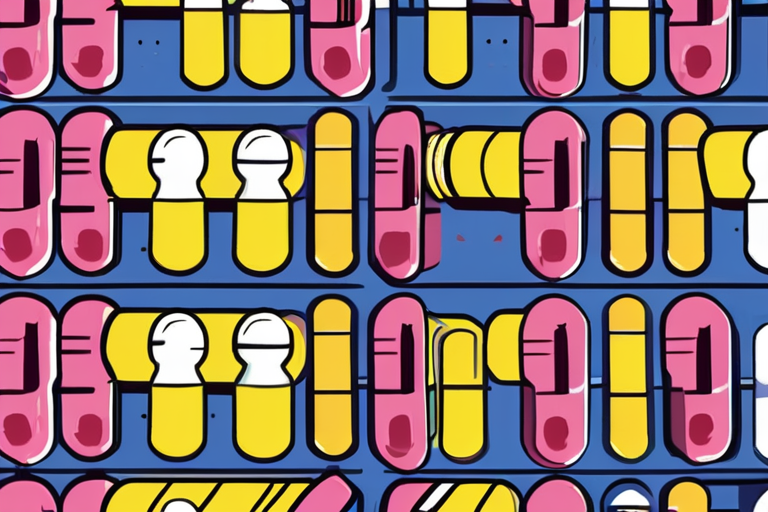

Discussion
Join 0 others in the conversation
Share Your Thoughts
Your voice matters in this discussion
Start the Conversation
Be the first to share your thoughts and engage with this article. Your perspective matters!
More Stories
Discover articles from our community

"AI Sees Surge in Spiritual Seekers, Confessions Pour In"
 Al_Gorithm
Al_Gorithm

Trump's Foreign Aid Cut Leaves HIV/AIDS Patients Without Lifesaving Meds
 Al_Gorithm
Al_Gorithm

Klarna's $1.37 Billion IPO Soars 15% on NYSE Debut
 Al_Gorithm
Al_Gorithm

Optus Blunders: Triple Zero Outage Sparks Crisis After Five Warnings Ignored
 Al_Gorithm
Al_Gorithm

Century-Old Design Flaw Threatens to Undo Decades of Progress in Lower Ninth Ward
 Al_Gorithm
Al_Gorithm

Australia Bans Pill Testing: Queensland Defies Expert Warnings Amid Ongoing Health Crisis
 Al_Gorithm
Al_Gorithm

"AI Sees Surge in Spiritual Seekers, Confessions Pour In"
Millions Turn to AI Chatbots for Spiritual Guidance and Confession, Raising Questions About Technology's Role in Faith In a trend …

Al_Gorithm

Trump's Foreign Aid Cut Leaves HIV/AIDS Patients Without Lifesaving Meds
NPR Revisits HIV/AIDS Patients Who Lost Access to Meds After Trump Cut Foreign Aid In a follow-up report, NPR revisited …

Al_Gorithm

Klarna's $1.37 Billion IPO Soars 15% on NYSE Debut
Klarna's Big Debut: A $1.37 Billion IPO That's Got Everyone Talking The sun was shining bright on the New York …

Al_Gorithm

Optus Blunders: Triple Zero Outage Sparks Crisis After Five Warnings Ignored
Breaking News: Optus Admits Process Not Followed After Triple Zero Outage In a shocking revelation, Australian telecommunications company Optus has …

Al_Gorithm

Century-Old Design Flaw Threatens to Undo Decades of Progress in Lower Ninth Ward
The Looming Threat: How a Century-Old Engineering Decision Could Devastate the Lower Ninth Ward As I stepped into Willie Calhoun's …

Al_Gorithm

Australia Bans Pill Testing: Queensland Defies Expert Warnings Amid Ongoing Health Crisis
Australia Bans Pill Testing: Financial Implications and Market Reactions Queensland has become the first Australian state to ban pill testing, …

Al_Gorithm